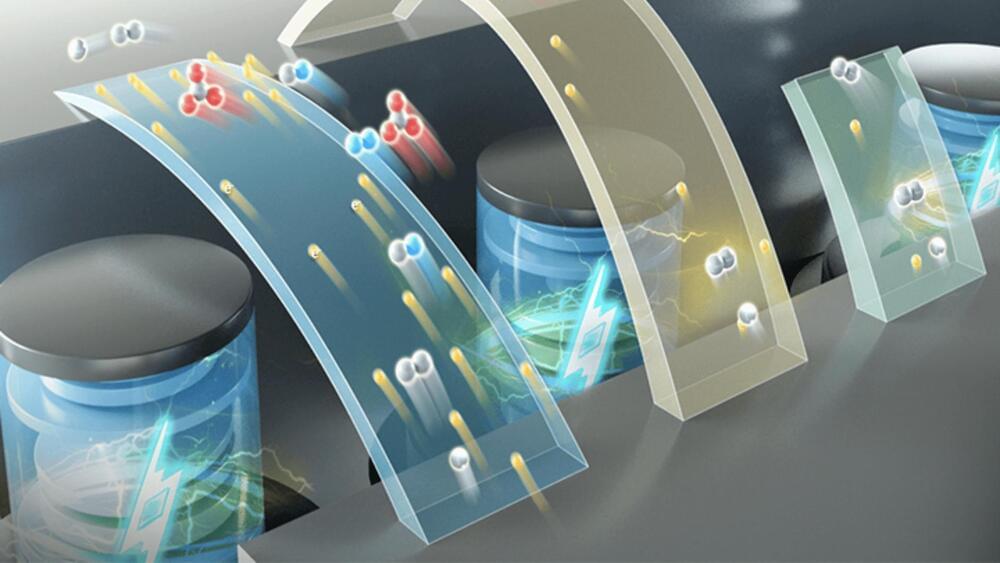Open AI’s CEO says we won’t need new hardware or lots more training data to get there.



Researchers in China have developed a water-based battery, which is claimed to be much safer and energy-efficient than “highly flammable” non-aqueous lithium batteries.
Interestingly, the researchers say that these new batteries will be twice as energy-dense as traditional lithium-ion options. This holds the potential to revolutionize the electric vehicle industry.
Moreover, aqueous batteries use water as the solvent for electrolytes, enhancing their safety. Traditional non-aqueous lithium-ion batteries have a high energy density, but their safety is compromised due to the flammable organic electrolytes, a component that allows the battery to charge and discharge, they utilize.
Beijing Humanoid Robot Innovation Center Company has developed the world’s first humanoid robot that can sprint at a steady speed of 3.73 mph.




Google Research and Google’s AI research lab, DeepMind, have detailed the impressive reach of Med-Gemini, a family of advanced AI models specialized in medicine. It’s a huge advancement in clinical diagnostics with massive real-world potential.


Summary: People often view AI-generated answers to ethical questions as superior to those from humans. In the study, participants rated responses from AI and humans without knowing the source, and overwhelmingly favored the AI’s responses in terms of virtuousness, intelligence, and trustworthiness.
This modified moral Turing test, inspired by ChatGPT and similar technologies, indicates that AI might convincingly pass a moral Turing test by exhibiting complex moral reasoning. The findings highlight the growing influence of AI in decision-making processes and the potential implications for societal trust in technology.